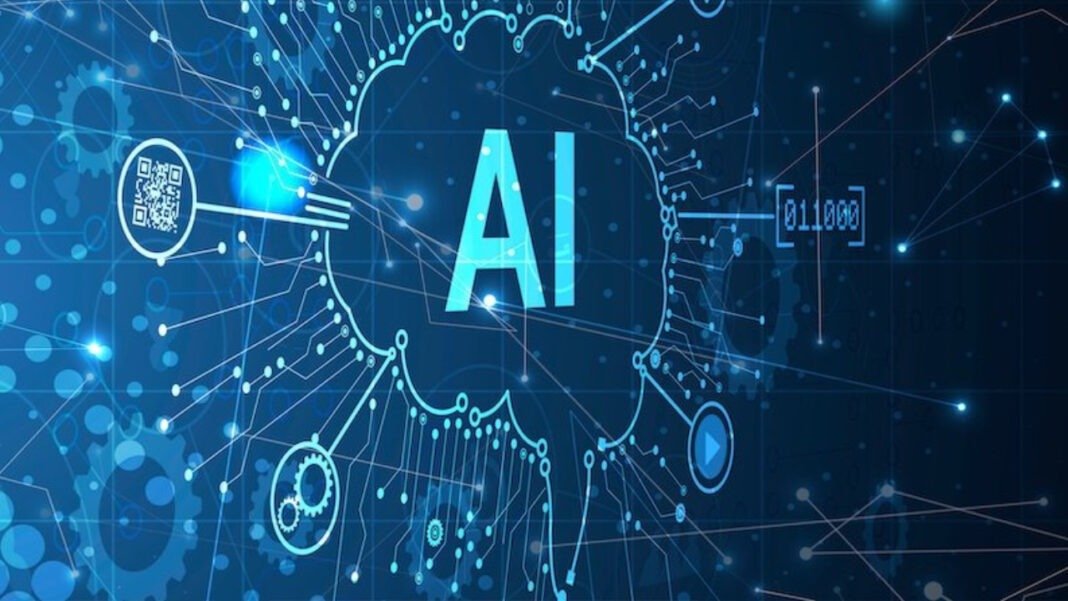By: Pritam Sarmah Bharadhwaj
During the 15th and 16th centuries, mankind achieved remarkable advancements in physics, mathematics, art, and architecture within just four generations. These achievements, which seemed impossible a thousand years ago, continue to inspire awe when we look back at history. Looking towards the future, we may be on the verge of a second renaissance in science, technology, business, and art.
Artificial Intelligence (A.I.) has been developed to mimic and potentially surpass human intelligence. There is a question of whether it could eventually replace humans in the workforce entirely, or if the limitations it presents are too challenging to overcome. Once the domain of science fiction and blue-sky research, we now utilize A.I. to drive various applications such as essay writing, disease diagnosis, and artistic creation. This is only the beginning of its potential.
One of the significant concerns surrounding A.I. is its impact on intellectual property. Individuals who create works of the mind, such as texts, images, or designs, have regulations in place to ensure they are compensated when others use their work. However, with the rise of A.I.-driven applications, even individuals with limited skill sets can generate art, pictures, novels, and other creative outputs. This poses a great danger to intellectual property rights.
There are numerous benefits to using A.I.-driven applications over human counterparts. A.I. does not mind tedious, dangerous, or risky operations, unlike humans. The world’s fastest and most powerful A.I. supercomputers can perform calculations at incredible speeds, surpassing human capabilities by a vast margin. For example, it would take a human approximately 31,688,765,000 years to match what a one exaflop computer system can accomplish in just one second.
Personal computers are the most powerful creative tools invented by humankind, and the ability to rapidly learn new applications is equivalent to the early days of reading during the Renaissance. Before that time, knowledge was predominantly controlled by the Church, which profited from people’s fears. One could argue that mainstream media today operates similarly, as it is a construct that cannot be traced back to the source, “The Bible.” Martin Luther’s act of nailing his 95 theses to the All Saints Church in Wittenberg on October 31, 1517, facilitated the spread of his message across Europe due to the availability of the printing press and rising literacy rates. This act marked the Church’s loss of its monopoly on education.
On October 31, 2008, 491 years later, the white paper describing Bitcoin, a peer-to-peer electronic cash system, was published. Similarly to the Church losing its monopoly on education, Bitcoin challenges the status quo of who holds power and has the potential to reshape economics as a whole. It is essential to understand that A.I. does not create content out of thin air; instead, it is trained by analyzing vast amounts of texts, photos, paintings, or videos found online. This means that A.I. is trained on the work of the same creatives it threatens to replace, leading to rising resistance. For instance, Getty Images, an agency, is suing the A.I. company Stability A.I. for using its photos. We will likely see more lawsuits in the future, and the fact that A.I. can deceive humans by generating content raises even more significant concerns. This technology makes it easier and cheaper than ever to create false information, potentially exacerbating one of the most significant threats to our democracy. (The author is a student from the Department of Mass Communication, Journalism and Media Studies, at Cotton University. He can be reached at bharadhwajpritam@gmail.com)












